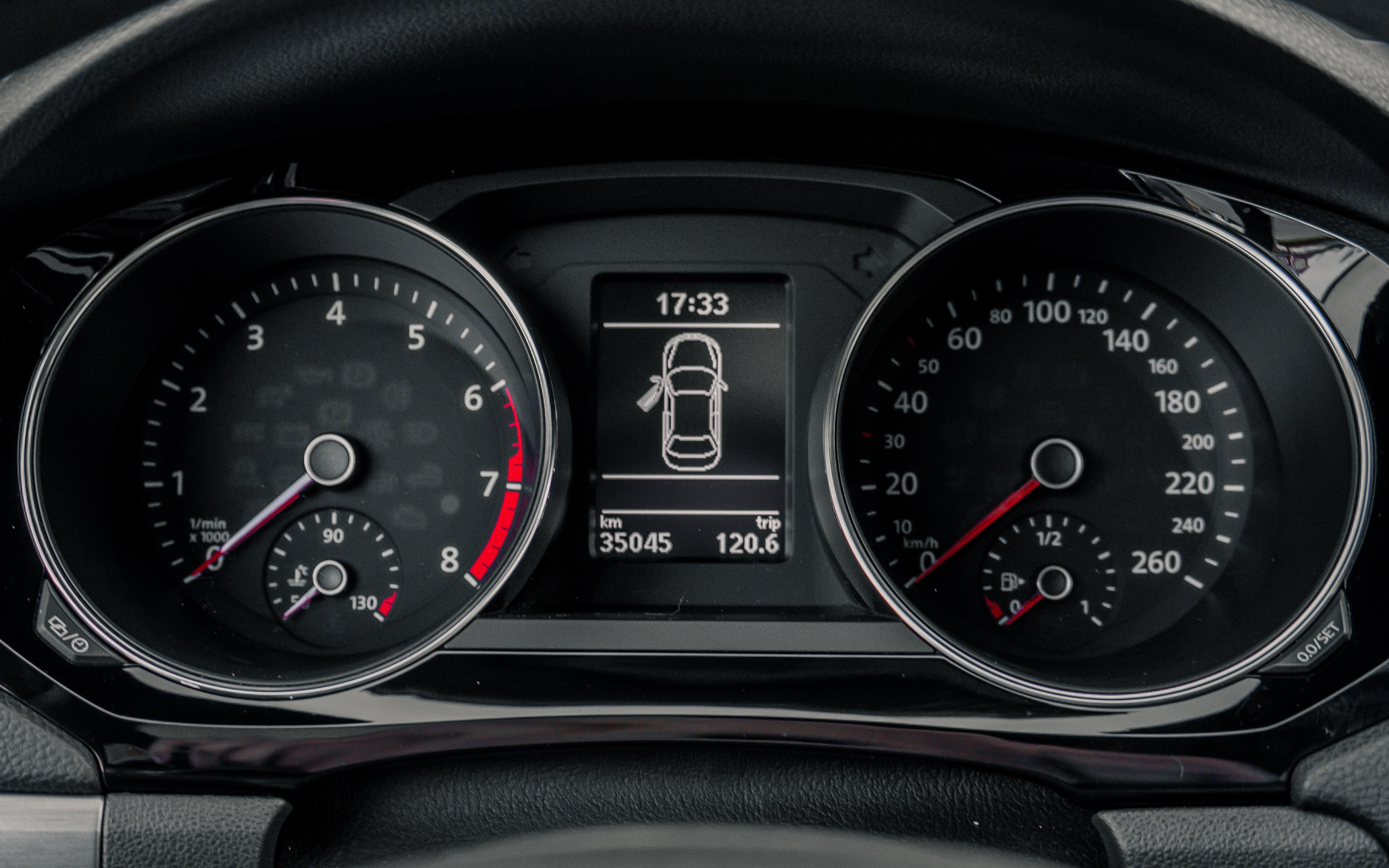When we bought a new car after our third daughter arrived my partner pointed out it had cruise control. I was terrified. I hated the idea that the car was in control. He used it all time and I thought it was weird. I asked loads of questions like:
- What if you need to slow down quickly? (you can instantly remove it by pressing the brake)
- How do you change the speed? (There’s a button that increases/decreases by 5mph)
- How do I even make it work? (He showed me how to press the button and set the speed)
- When would you even use that feature?
Then, one day, I tried it. I felt confident about which buttons I should press. The road was clear, three lines of free-flowing traffic and I thought to myself, I’ll just see. It felt ok. It felt more than ok. I felt safe knowing that I could concentrate on the other parts of driving and know that I wouldn’t go over the speed limit.
It feels so comfortable to be on cruise control though right? We can sit back and relax. We have a plan, we know where we’re heading and we just flip the switch.
Are your habits on cruise control?
We have hundreds of habits, and they can help us out a lot. When we drive a car or type a report, our feet, hands and fingers know just where to go because it’s a habit. When a habit is forming, the brain doesn’t differentiate between good and bad; it just figures that if it brings us pleasure, it must be good. Habits are different to goals – goals have a deadline, whereas habits don’t.
All habits, “the good, the neutral and the bad,” have the same defining characteristics:
- They are triggered by a particular cue or situation
- They are learned behaviours repeated over time
- We do them on cruise control
- They can be hard to break
This is brilliant if you use it as part of a well thought out journey but what if you’ve been on cruise control for a while? If you’ve fallen into habitual actions and thinking that no longer serve you.
Habits that have been used for many years are hard to change. Remember that all habits are set in order to accomplish something we value, that’s why they become habits in the first place. But over time they may become destructive and/or lose direction and purpose.
Maintaining our habits happens in a number of ways:
- We arrange our environment to support them
- We keep others around us who treat us in a way that reinforces our habits
Habits are like the cruise control on a car – they are set for a certain speed (and in some cars for a certain direction). For the driver, it means you don’t have to pay attention. However, if we want to change habits then we have to consciously change the cruise control or turn it off. Our new habit then takes us on a new route.
Changing direction
If we think of our life as a journey down a road. Perhaps it’s an unknown road but the scenery is beautiful but as you keep going you realise that the same things keep coming up. You haven’t noticed because you’ve felt comfortable. Now, you have noticed. You are less comfortable and you want to make a change. The key is to change direction ever so slightly.
It might be tempting to think that a small change makes no difference. That might be true in the short term but in the long term, as you maintain the slight change in direction you travel further away from your original path. This is true even if you never make another change.
The larger the change in direction, the shorter the time it will take to come to a new destination/a change in scenery.
In general, life is a series of small choices. A big change is often saved for the ‘right moment’. Each choice we make either keeps us on the comfortable track or takes us somewhere new. This will be important depending on what you want.
What if you want your habits on cruise control?
Of course, we don’t always want to change direction. Sometimes we want to keep our good habits and put them on cruise control. This can help with self-control because although we need self-control to get the habit in the first place, once it’s established, we can relax.
“More than 40% of the actions we perform each day are not actual decisions but habits.”
Putting your habits on cruise control
Whether you want to change your habits, are in the process of changing your habits or want to keep them on cruise control, here are five tips to help you.
- Set some triggers (tripwires) to help you. These might be using an existing habit to trigger another one e.g. yoga leads to meditation. You could also use a location/specific environment or an event e.g. a message on your phone.
- Make your habits easy to do and convenient. I would suggest they are also in line with your values. The easier you make it, the more likely you are to stick with them (and put them on cruise control!)
- Be mindful and conscious with your habits. Even when I have the car on cruise control, I still have to pay attention to what’s going on so that I can change speed/direction if I need to.
- Give yourself a break. Even if we make tiny changes, sometimes life can still get in the way. That’s OK – you are aiming for consistency over time, not just in the moment.
- Remember that small changes can take you in a whole new direction if you maintain them

